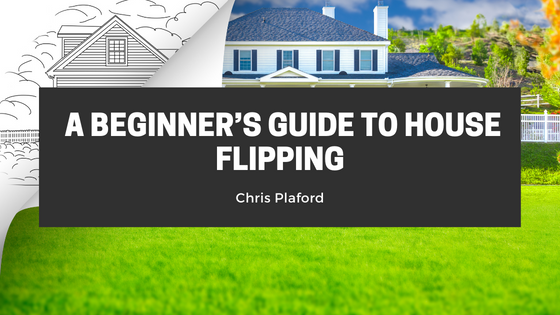Getting into the business of buying and selling houses can be a daunting task for many people, especially those who are new to the process. Although it’s not as easy as it sounds, it’s possible to be successful if you learn how to do it the right way. This article will give you a few tips on how to start, and it’ll also cover some of the common mistakes that people make along the way.
How House Flipping Works
House flipping usually involves buying distressed properties and then reselling them for a profit. This often involves finding these properties through short bank sales, property auctions, and foreclosures.
One of the most important factors people need to consider when it comes to becoming successful in real estate is how to properly use their money. This involves investing in undervalued properties, usually requiring quite a bit more work. Before you can list the property, you need to start investing in renovations that will increase its value.
How To Start House Flipping
Before getting into the business of buying and selling houses, it’s essential to know the steps of flipping a house to reduce financial risks and increase potential profit. Here are several steps to take for those interested in increasing your odds of success.
Know Your Neighborhood
Before you start investing in a property, you must thoroughly research the real estate market and find the right location for your investment. A real estate agent’s help can be very useful throughout the process.
When you find a property that you want to purchase, it’s a good idea to hire a general contractor to look at it. This will allow you to estimate the amount of work that needs to be done on the property and stay within budget.
The 70% Rule for Budgeting
The 70% rule is a popular rule that real estate investors use when it comes to determining the ideal purchase price for their property. It states that a property should only be paid 70% of its after-repair value (ARV) minus the necessary repairs.
Let’s assume that the home’s AVR is around $200,000 and requires $25,000 in repairs. With this rule, 70% of the ARV is $140,000. Subtracting the results of the repairs from the total of $115,000 should be spent to purchase the home.
Assess Your Skill Set
To be a successful flipper, you should have skills relevant to the work you plan on doing at home. This will allow you to make better decisions when it comes to the purchase and repairs of a property.
For instance, if you have knowledge about construction and real estate, you should be able to make a successful house flip. If this is not the case, bringing in a team of experts to assist with the project would help expedite the process and result in a higher probability of success. This could include multiple lenders, real estate agents, insurance agents, and contractors.
Finance Your Project
Before you start investing in real estate, you need to have the necessary funds to complete the project. If you don’t have the necessary cash on hand, you’ll need to get pre-approved for a loan. This can typically be done with a good credit score and a 20% down payment.
Decide On the House to Buy
Finding the right property can be one of the most challenging aspects of investing in real estate.
If you’re a first-time home buyer, then you might want to consider buying a distressed or foreclosure property. However, before you start investing in this type of property, you should hire a real estate agent and a contractor to look at it.
Build Sweat Equity
If you’re a first-time home buyer with a low budget, you can easily save money by building sweat equity. This is a type of project that involves putting in a lot of physical and mental unpaid labor.
Entrepreneurs often find that sweat equity is a vital component of their business, allowing them to maintain their momentum and keep the project moving efficiently.
Flip The House
After the renovations have been completed, it’s time to sell the property. The longer the house remains on the market, the less profit you will make. Your goal should be to make the repairs as fast as possible and sell the property as quickly as possible. You should hire a real estate agent to help you sell the house. Utilizing the resources of a real estate agent can help you price the property effectively.
